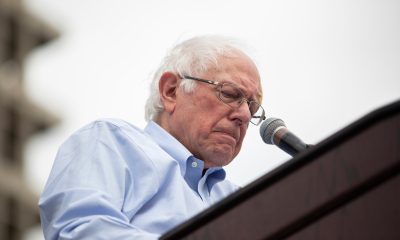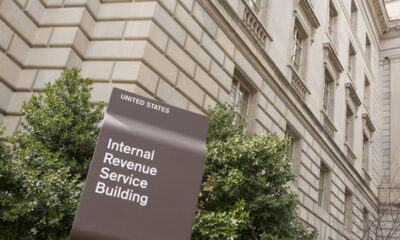Biden Administration’s Decision To Prohibit Election Betting Markets Sparks Debate

The Biden administration’s recent order to ban betting markets on the 2024 elections has ignited a contentious debate over the role of such markets in political forecasting and the implications of government intervention in commercial exchanges.
The directive, proposed by the Commodity Futures Trading Commission (CFTC), aims to permanently outlaw betting on election commercial prediction markets in the United States. While proponents argue that the move is necessary to prevent potential market manipulation and safeguard election integrity, critics contend that it infringes on individual liberties and stifles innovation in financial markets.
Rostin Behnam, chairman of the CFTC, defended the ban, citing concerns about the proliferation of contracts listed on commercial exchanges and the risk of election fraud allegations impacting market prices. Behnam stressed the need to regulate such markets to uphold democratic processes and ensure market stability.
However, opponents of the ban question its necessity, pointing to the valuable insights provided by election betting markets, which often offer alternative perspectives to traditional polling methods. These markets serve as valuable tools for academics and journalists seeking to understand electoral dynamics and voter sentiments.
The proposed rule extends beyond national elections to encompass prediction markets on less weighty subjects, including entertainment and sports events. This broad prohibition has raised concerns among advocates of free market principles, who argue that it curtails individual freedoms and impedes market innovation.
Platforms such as Kalshi, Polymarket, and PredictIt are among those affected by the ban. PredictIt, operated by an American political consulting firm named Aristotle and associated with Victoria University of Wellington, has faced legal challenges but continues to operate under a court injunction.
Polymarket, known for its strong forecasting record, and Kalshi, a commercial U.S. financial exchange, have also encountered obstacles in operating political markets. Despite compliance with regulations, these platforms have faced regulatory scrutiny and bureaucratic hurdles in navigating the evolving regulatory landscape.
While Behnam asserts that the ban aims to uphold regulatory standards and protect democratic processes, critics argue that it sets a concerning precedent for government intervention in financial markets and raises questions about the balance between regulatory oversight and individual freedoms.






















